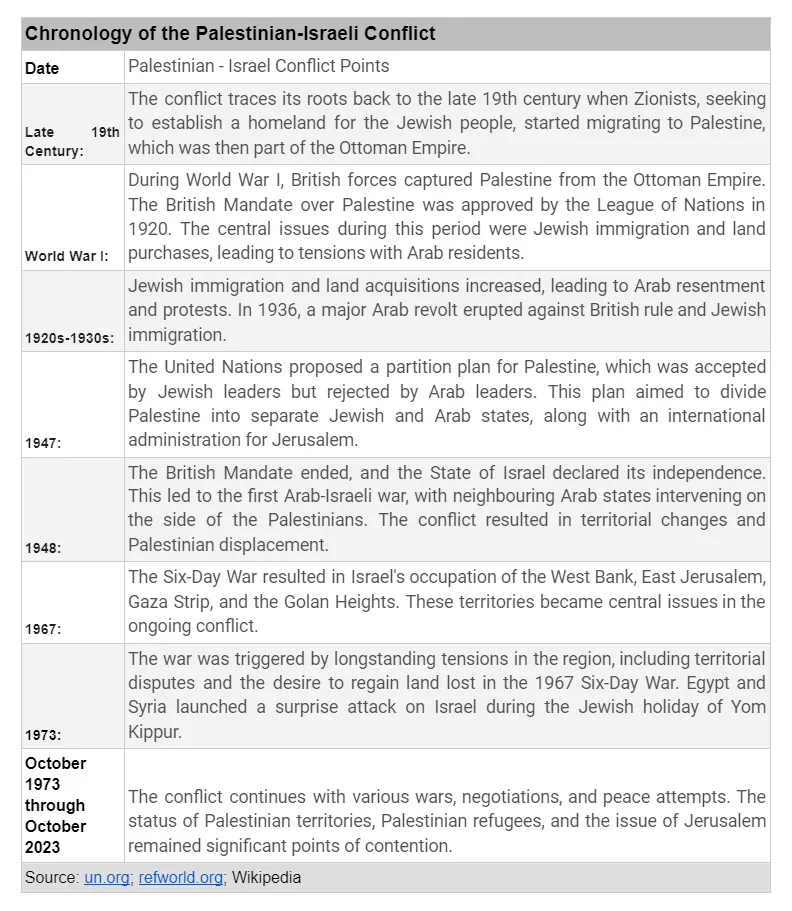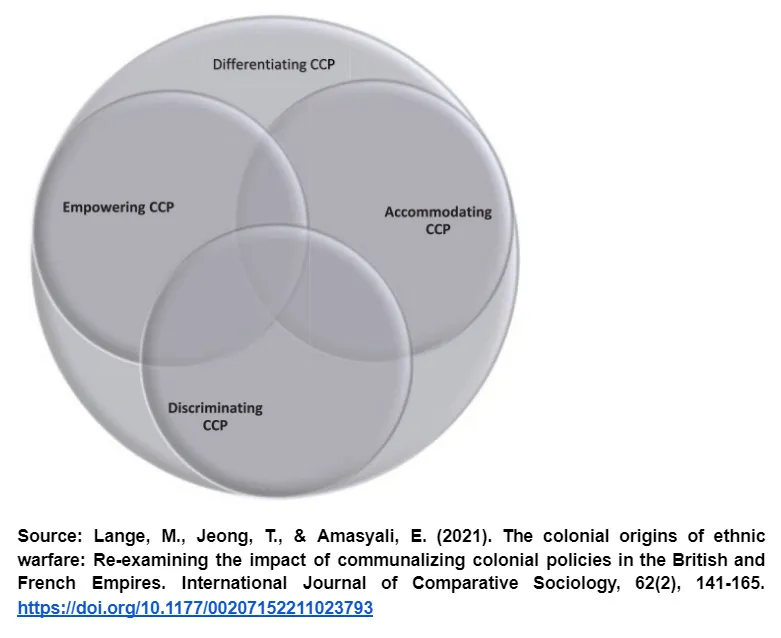On Palestine’s Brutish October and Colonial British Order
On October 7, 2023, the world awoke to the news of an ‘unprecedented’ terror attack against Israel by Hamas, a Palestinian political and militant group ruling the Gaza Strip.
This similar “surprise” attack comes precisely 50 years after the famous “October War” was launched by Arab neighbours, Egypt, Syria, and Jordan, against Israel on its Yom Kippur Day in 1973.
A few days later, hundreds of humans were reduced to bodies in Israel and Gaza, and the horror rages on, felt vicariously by victims and sympathisers on both sides and beyond.
This October, vicariously or as a victim, one could simply describe life as “nasty, brutish, and short.”
It was the 17th-century English philosopher Thomas Hobbes who described life in a state of nature as poor, solitary, nasty, brutish and short.
The Hobessian state of nature is characterised by anarchy and lack of order. There is no central authority or government to maintain order and resolve disputes. This absence of a common power leads to a “war of all against all.”
Yet, there is a difference between a lack of order and an ordered disorder – a congruence in mood but a difference in method.
Life in Israel and Palestine resembles an arranged anarchy – an ordered disorder that emanated from the Order of the British Empire.
Brutish October
The October 7 attack by Hamas took Israel by surprise and resulted in the death and injury of hundreds of soldiers and civilians, with dozens of hostages taken. Israel quickly mounted a retaliatory operation and declared war on Hamas. The two sides have since engaged in daily rocket fire, with Israel ordering over a million Palestinians to evacuate.
The current conflict has resulted in a blockade of aid to Gaza, leading to a shortage of water, fuel, and supplies. Cross-border strikes are escalating in Lebanon and Syria, increasing the risk of the conflict spreading.
The Palestinian-Israeli conflict has deep roots in the period of the British Mandate, which lasted from 1917 to 1948. This pivotal era set the stage for the complex and enduring conflict we see today.

The British Mandate for Palestine began after World War I when the League of Nations granted Britain control over the territory. During this time, the Jewish community in Palestine grew significantly due to Jewish immigration, supported by the British. The moderate faction of the Jewish community aligned with British interests, further strengthening the Jewish presence in the region.
However, tensions arose as Jewish immigration increased, and the Arabs, the majority population, feared displacement. Land purchases by Jews added to these concerns. The issue of land ownership and competing national aspirations became central to the conflict.
In the late 1940s, the United Nations proposed a plan to partition Palestine into separate Jewish and Arab states. On November 29, 1947, the UN approved the plan. While the Jewish leadership accepted the partition, Arab leaders vehemently opposed it, leading to a period of intense violence. This conflict, known as the 1948 Arab-Israeli War, marked a crucial turning point.
The war culminated in the declaration of the State of Israel on May 14, 1948, by David Ben-Gurion. The declaration led to the invasion of Israel by Arab armies from neighbouring countries, including Egypt, Syria, Lebanon, Iraq, and Transjordan (now Jordan). This further complicated the situation, with competing national identities and territorial disputes at the core of the conflict.
The 1948 war had significant consequences. Israel emerged victorious and expanded its territory beyond the UN partition plan. The result for Palestinians was the Nakba, or “catastrophe,” during which hundreds of thousands of Palestinians were displaced from their homes. Many fled to refugee camps, and the Palestinian diaspora was born.
British Order
Studies have shown that over time, whether October 1973 or October 2023, and over territories, whether Palestine or Nigeria, Colonial British Orders practised differentiation and discrimination among the communities of people they governed.
These findings show that the British colonial governments usually gave one community an educational, administrative, political or military advantage at the expense of another, unlike the French and others. This often led to ethnic and class conflicts between the communities after independence from the British.
Regarding the Question of Palestine, a United Nations historical document has it that:
“The decision on the Mandate did not take into account the wishes of the people of Palestine, despite the Covenant’s requirements that “the wishes of these communities must be a principal consideration in the selection of the Mandatory”. This assumed special significance because, almost five years before receiving the mandate from the League of Nations, the British Government had given commitments to the Zionist Organization regarding the establishment of a Jewish national home in Palestine, for which Zionist leaders had pressed a claim of “historical connection” since their ancestors had lived in Palestine two thousand years earlier before dispersing in the “Diaspora”.
In “The Colonial Origins of ethnic warfare: Re-examining the Impact of communalizing colonial policies (CCPs) in the British and French Empires,” Matthew Long and others, citing many previous studies and their novel empirical analysis, proved that the British often communalise more than other colonialists, especially the French.
They identified 4 ideal types of CCPs, namely differentiating, accommodating, empowering, and discriminating CCPs, of which the discriminating CCP alone, or together with the other three, mostly predisposes British former colonies to ethnic conflicts after their independence.
While recognising their common combinatorial character, CCPs usually conform to one type more than another, and the type of CCP potentially shapes their effects on ethnic conflict. The Venn diagram below depicts the different possible combinations of the four ideal types of CCPs.

Matthew Long and his fellow scholars suggest that discriminatory communal legislative representation is only one example of a discriminatory CCP, and other CCPs, such as census categories, vernacular education, and indirect rule, can have similar effects.
Continue reading




